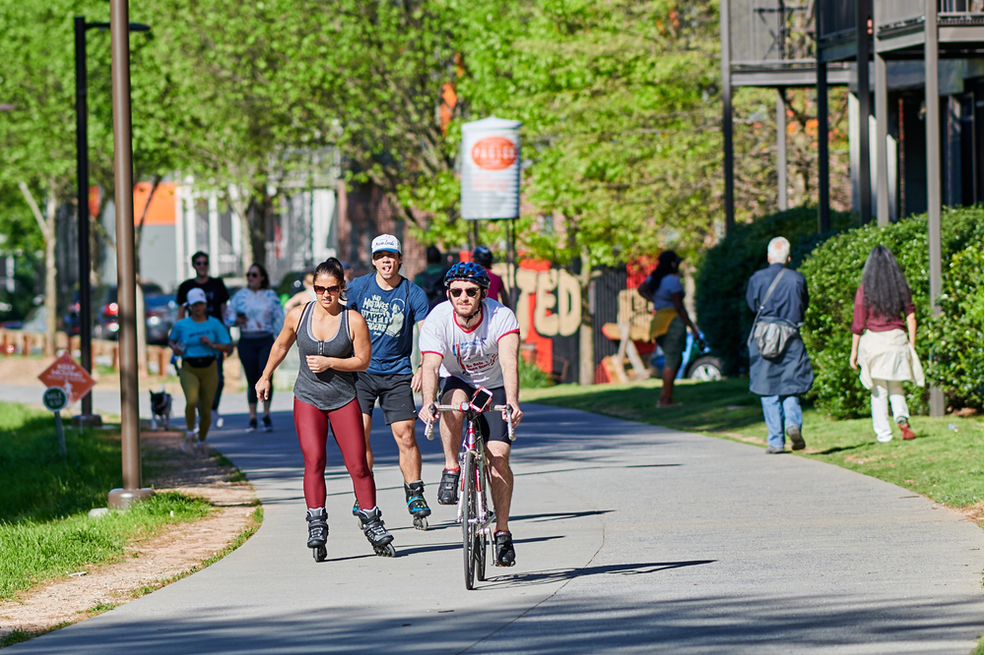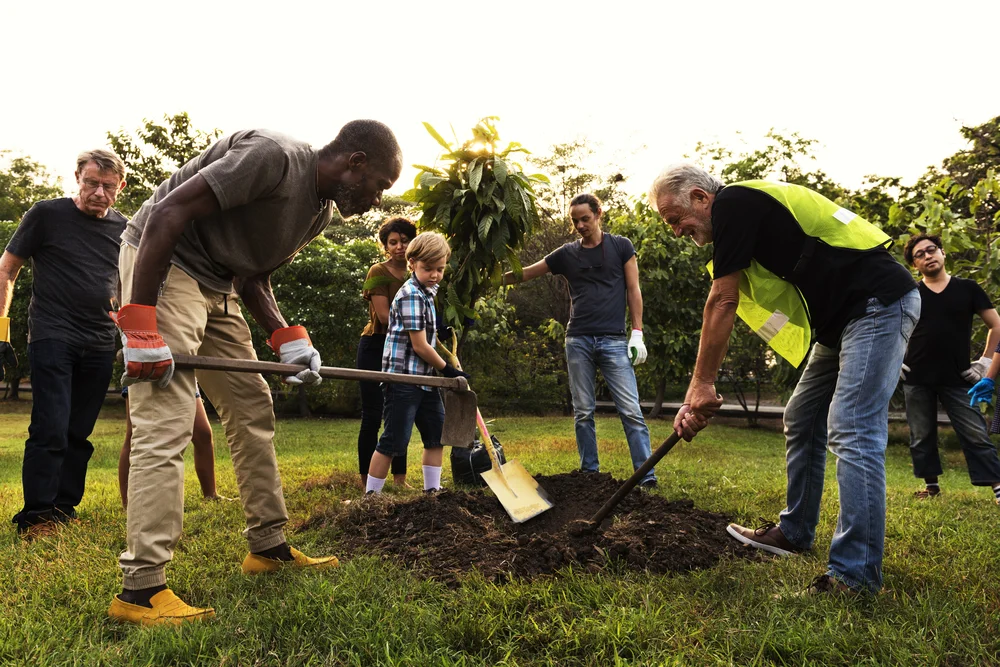Places to Gather: How a Community Foundation is Growing Public Spaces
/photo: Rawpixel.com/shutterstock
It’s generally accepted that well-maintained public spaces can provide many benefits to communities, like opportunities for exercise, cultural exploration, entertainment, and stress reduction through immersion in nature. An overarching argument for public spaces, where citizens literally share common ground, is that they can promote civic equality and offset socioeconomic stratification. All this helps to explain why so many philanthropists and foundations have lately prioritized investments in parks and other public spaces. But this giving is not without risks. As we’ve often explored at Inside Philanthropy, new urban amenities like better green spaces, bike paths, and outdoor concert venues can also fuel gentrification and lead to even greater disparities. Nonprofits and funders are learning to approach this area in a thoughtful and inclusive way.
The Rhode Island Foundation, the only community foundation in Rhode Island and the largest funder of the state’s nonprofits, is yet another example of a local grantmaker that’s keen on public spaces right now. It’s currently giving multiple public spaces an upgrade with $400,000 from its Community Grants Program. Since 2016, the foundation has awarded more than $1.1 million through this initiative. In 2018, it has funded grants to create community gardens, restore playgrounds and parks, put on plays and concerts, improve historical markers, and build Little Free Libraries, among other undertakings.
The foundation’s giving here takes a small-scale, locally engaged approach; it partners with Rhode Island’s public institutions, nonprofits and civic organizations to help them bring desired public space upgrades to life.
“Our grants will produce places to gather, create friendships and inspire new collaborations that will build community connections all over our state,” foundation President and CEO Neil D. Steinberg said. RIF is currently financing 47 projects in 25 cities and towns, with maximum grants of $10,000. Most of the work is expected to be underway before the close of 2018.
Thanks to the new funding, playground renovations will be taking place at Eason Park in Woonsocket and Eden Park Elementary in Cranston. The Rhode Island Foundation partnered with Connecting Children and Families in Woonsocket and, in Cranston, the parks and school departments and the school’s parent teacher organization to carry out these projects.
“Our main priority is the kids of this community. Giving them and their families a place to play, build relationships and develop friendships will enhance the quality of life in this neighborhood and our city,” said Tony Liberatore, Cranston recreation department director.
The Westerly Land Trust will use Community Grant funds to convert a vacant lot on Main Street into a natural and educational space centered on a pollinator habitat. It will install a native wildflower garden to host pollinators, and create signage and other educational materials.
“We see an opportunity to bring our conservation work to Main Street and to provide a vibrant space for education, reflection and community interaction,” said Jennifer Fusco, the land trust’s executive director.
The House of Hope Community Development Corporation in Warwick is using RIF-granted funds to rebuild a fence around a preexisting garden and to install a garden at its most recent affordable housing development. The new growing space will offer Master Gardener workshops and demonstrations. Laura Jaworski, House of Hope executive director, said community gardens can “forge connections with the surrounding community, dispel myths about homelessness, and teach residents how to grow healthy food and enjoy the therapeutic qualities of the garden.”
As we’ve reported, growing food is having a bit of a heyday in community-focused philanthropy. Last June, IP’s Tate Williams wrote: “The sustainable and local food movement has sprung up in multiple corners of philanthropy—climate change, health, parks and gardens, economic development, justice—and become something of its own program area in recent years.” A key example of this on a larger scale is the Kresge Foundation’s FreshLo program, which funds “innovative approaches to economic development, cultural expression, and health through food-oriented development.”
As local funders like the Rhode Island Foundation move forward with new investments in public spaces, they can benefit from research and dialogue now underway that aims to better understand this area. Because many of the benefits of public shared spaces are intangible, several cities and major funders are currently teaming up to back a research project to translate public-space experiences into crunchable, meaningful data. As we’ve reported, Measuring the Civic Commons is part of a larger undertaking called Reimagining the Civic Commons, a joint project to improve parks, libraries, plazas and trails by the JPB, Knight, Kresge and Rockefeller foundations, along with the cities of Akron, Chicago, Detroit, Memphis and Philadelphia. It is tracking a myriad of factors over three years, including the number of visits and visitor demographics, tree canopy ratings, voter turnout, local volunteering rates, and real estate values and rents, looking at both the public spaces themselves and the surrounding neighborhoods.
Descriptions of all 47 projects funded by the Rhode Island Foundation’s Community Grant Program can be explored through an interactive map on the foundation site. RIF notes that these projects were funded in part through a gift from longtime foundation donor Anne Sage.
This funder generally focuses on education, health and economic security. It awarded $43 million in grants in 2017, and along with public spaces, its other areas of recent interest include medical research and LGBTQ-related causes.
Related:







































